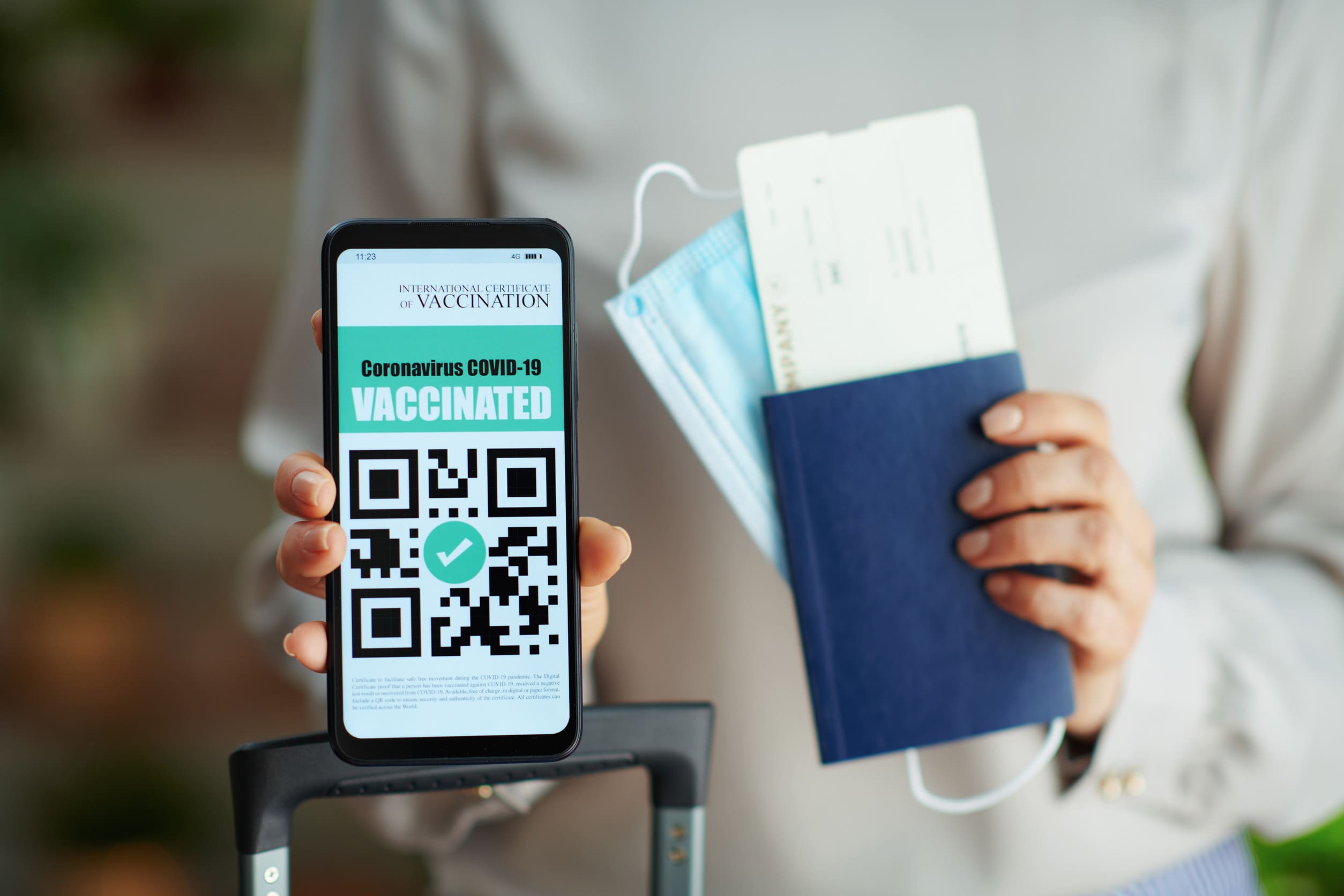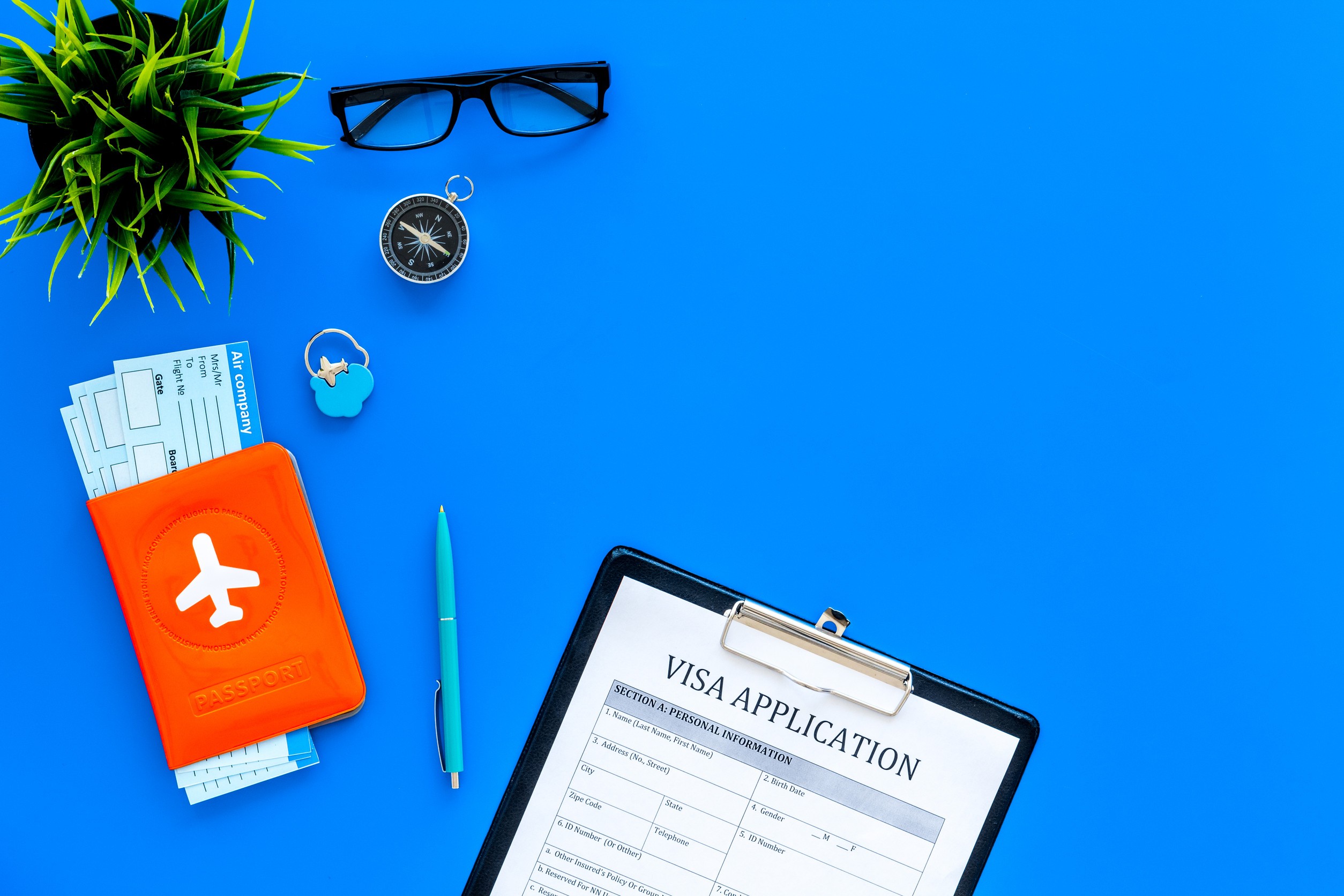Libya Visa Policy: Everything You Need to Know

The Libya visa policy is a set of regulations and requirements that govern the entry and stay of foreign nationals in the country. The policy outlines the types of visas available, the eligibility criteria for each type, the application procedures, and the fees associated with each type of visa. The Libya visa policy is enforced by the Libyan government, which oversees the operations of the embassies, consulates, and visa application centers that process visa applications.
Libya offers several types of visas for foreign nationals, including tourist visas, business visas, student visas, and work visas. Each visa type has specific eligibility criteria, application procedures, and processing times, and the requirements can vary depending on the country of the applicant.
For example, tourist visas may require proof of accommodation and travel arrangements, while business visas may require a letter of invitation from a Libyan company. Student visas may require proof of enrollment in a Libyan educational institution, while work visas may require a job offer from a Libyan employer.
In general, applicants for a Libya visa must submit a completed application form, a valid passport with at least six months of validity remaining, and any additional documents required for the specific type of visa being applied for. They may also be required to undergo a medical examination and provide proof of vaccination for certain diseases.
The fees for a Libya visa can vary depending on the type of visa and the country of the applicant. In addition, some embassies or consulates may offer expedited processing for an additional fee.
It is important for foreign nationals to carefully review the Libya visa policy and ensure they meet the eligibility criteria and have all required documents before submitting a visa application. Failure to comply with the visa policy may result in a denied visa application or denied entry into the country.
Overall, the Libya visa policy plays a crucial role in regulating the entry and stay of foreign nationals in the country and ensuring the safety and security of both visitors and citizens.
Eligible Country for Libya Visa
The list of eligible countries for Libya visa depends on the type of visa being applied for. In general, citizens of most countries are required to obtain a visa before traveling to Libya. However, there are some countries whose citizens may be exempt from visa requirements for certain types of travel or under certain circumstances.
- Albania
- Algeria
- Andorra
- Angola
- Antigua and Barbuda
- Argentina
- Armenia
- Australia
- Austria
- Azerbaijan
- Bahamas
- Bahrain
- Barbados
- Belarus
- Belgium
- Belize
- Benin
- Bhutan
- Bolivia
- Bosnia and Herzegovina
- Botswana
- Brazil
- Brunei
- Bulgaria
- Burkina Faso
- Burundi
- Cameroon
- Canada
- Cape Verde
- Chile
- China
- Colombia
- Comoros
- Congo, Democratic Republic of the
- Costa Rica
- Croatia
- Cyprus
- Czech Republic
- Denmark
- Djibouti
- Dominica
- Dominican Republic
- Ecuador
- El Salvador
- Equatorial Guinea
- Estonia
- Ethiopia
- Fiji
- Finland
- France
- Gabon
- Gambia
- Georgia
- Germany
- Ghana
- Greece
- Grenada
- Guatemala
- Guinea
- Guinea-Bissau
- Guyana
- Haiti
- Honduras
- Hungary
- Iceland
- India
- Indonesia
- Ireland
- Italy
- Jamaica
- Japan
- Jordan
- Kazakhstan
- Kiribati
- Korea, Republic of (South)
- Kuwait
- Kyrgyzstan
- Laos
- Latvia
- Lebanon
- Lesotho
- Liberia
- Liechtenstein
- Lithuania
- Luxembourg
- Macedonia, Republic of
- Madagascar
- Malawi
- Malaysia
- Maldives
- Malta
- Marshall Islands
- Mauritania
- Mauritius
- Mexico
- Micronesia, Federated States of
- Moldova
- Monaco
- Mongolia
- Montenegro
- Mozambique
- Myanmar
- Namibia
- Nauru
- Nepal
- Netherlands
- New Zealand
- Nicaragua
- Niger
- Norway
- Oman
- Palau
- Panama
- Papua New Guinea
- Paraguay
- Peru
- Philippines
- Poland
- Portugal
- Qatar
- Romania
- Russia
- Rwanda
- Saint Barthelemy
- Saint Helena, Ascension and Tristan da Cunha
- Saint Kitts and Nevis
- Saint Lucia
- Saint Martin
- Saint Pierre and Miquelon
- Saint Vincent and the Grenadines
- Samoa
- San Marino
- Sao Tome and Principe
- Saudi Arabia
- Senegal
- Serbia
- Seychelles
- Sierra Leone
- Singapore
- Slovakia
- Slovenia
- Solomon Islands
- South Africa
- Spain
- Sri Lanka
- Suriname
- Sweden
- Switzerland
- Taiwan
- Tajikistan
- Tanzania
- Thailand
- Timor-Leste
- Togo
- Tonga
- Trinidad and Tobago
- Tunisia
- Turkmenistan
- Tuvalu
- US Virgin Islands
- Uganda
- United Arab Emirates
- United Kingdom
- United States of America
- Uruguay
- Vanuatu
- Vatican City (Holy See)
- Vietnam
- Zambia
- Zimbabwe
See More Countries
It is important for foreign nationals to check the visa requirements for their specific country of citizenship and the type of travel they will be undertaking before applying for a Libya visa. They should also ensure that they meet all other eligibility criteria and have all required documentation before submitting a visa application.
Visa-Free Entry for Certain Nationalities
Citizens of some African countries are eligible for visa-free entry into Libya for up to 90 days for tourism or business purposes. These countries include:
- Jordan
- Tunisia
In addition, citizens of Turkey and Iran are also exempt from visa requirements for stays of up to 90 days, provided they have a valid passport, a return or onward ticket, and sufficient funds for their stay in Libya.
It is important to note that visa-free entry is only allowed for certain types of travel, such as tourism or business, and travelers must meet all other eligibility criteria and provide any required documentation upon arrival in Libya.
Extension and Renewal of Libya Visas

The extension and renewal of Libya visas is possible, but the process can be complex and time-consuming. It is important to note that not all types of Libya visas are eligible for renewal or extension, and the eligibility criteria and requirements can vary depending on the type of visa.
In general, foreign nationals who wish to extend or renew their Libya visas must apply through the General Directorate for Passports, Nationality and Immigration office in Libya. The application process usually involves submitting a new visa application form, along with supporting documents such as a valid passport, proof of sufficient funds, and evidence of the purpose of the visit.
It is advisable to start the visa renewal or extension process well in advance of the visa's expiration date, as the processing time can be lengthy. Failure to renew or extend a visa before it expires can result in fines, deportation, or other penalties.
Foreign nationals should also be aware that visa renewal or extension is not guaranteed, and the decision to grant or deny a request is at the discretion of the Libyan authorities. It is important to comply with all visa regulations and requirements while in Libya to avoid any issues with visa renewal or extension.
Restrictions and Requirements for Libya Visas
There are several restrictions and requirements that foreign nationals must meet in order to obtain a visa for Libya. These restrictions and requirements can vary depending on the type of visa and the nationality of the applicant. Some of the common restrictions and requirements for Libya visas include:
Purpose of the visit: Foreign nationals must have a valid reason for visiting Libya, such as business, tourism, or study.
Valid passport: Foreign nationals must have a valid passport that is not set to expire within the next six months.
Visa application: All foreign nationals must submit a visa application form and any supporting documents required for the type of visa they are applying for.
Fees: Foreign nationals must pay the appropriate visa fees when submitting their visa application.
Health requirements: Some types of visas may require foreign nationals to provide proof of vaccination against certain diseases or to undergo a medical examination.
Security clearance: Foreign nationals may be subject to security clearance before their visa is issued.
Criminal history: Foreign nationals with a criminal history may be denied a visa to enter Libya.
Travel restrictions: Some countries may have travel restrictions or travel advisories in place that advise against travel to Libya.
It is important to note that visa requirements and restrictions can change at any time, so it is advisable to check the latest visa policy updates before traveling to Libya.
Visa Policy Updates and Changes
The visa policy of Libya can change at any time, and it is important for foreign nationals to stay up-to-date on the latest changes and updates. Some of the common reasons for changes in visa policy can include changes in diplomatic relations between countries, security concerns, or changes in the economic or political situation in Libya.
Foreign nationals can stay informed of visa policy updates and changes by checking the official websites of the Libyan embassy or consulate in their home country, as well as the website of the Libyan Ministry of Foreign Affairs. Travelers can also contact the embassy or consulate directly for the latest visa information.
In addition, it is important to note that visa policy updates and changes can impact the visa processing time and requirements, so it is advisable to plan ahead and apply for a visa well in advance of travel.
It is also important for foreign nationals to comply with all visa requirements and regulations while in Libya. Failure to do so can result in fines, deportation, or other penalties. If there are any concerns or questions regarding visa policy updates and changes.
FAQ
Yes, most foreign nationals require a visa to enter Libya.
Yes, some nationalities are eligible for a visa on arrival in Libya, but it is recommended to check the latest visa policy updates before travel.
The visa processing time can vary depending on the type of visa and other factors such as the nationality of the applicant. It is advisable to apply for a visa well in advance of travel to allow for processing time.
Yes, it is possible to extend or renew some types of visas while in Libya, but it is advisable to check with the embassy or consulate for the latest information.
Requirements can vary depending on the type of visa and the nationality of the applicant, but common requirements include a valid passport, visa application, appropriate fees, and proof of the purpose of the visit.
Yes, some countries have travel restrictions or advisories in place due to security concerns or other factors. It is advisable to check the latest travel advisories before traveling to Libya.
Yes, visa applications can be denied for various reasons, such as security concerns or failure to meet the visa requirements.
It is advisable to check the official websites of the Libyan embassy or consulate in your home country and the Libyan Ministry of Foreign Affairs for the latest updates and changes to the visa policy. Travelers can also contact the embassy or consulate directly for the latest visa information.

To help us improve